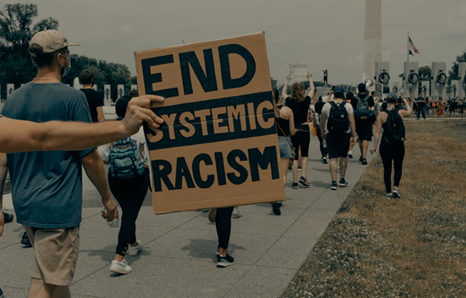Some songs age like milk. And other songs age like wine. In the latter category is Steve Curtis Chapman’s 1994 tune titled “Miracle of Mercy.” It felt like a personal testimony when I first heard it in 1994, and it only feels more so today some 23 years later. And it was on my mind due to a sermon I preached this morning at my church—the last message in a series on the Pastoral Epistles.
Sermon: “How Grace Changes Us” (Titus 3:1–15) [the song is at 22:35]
Titus 3:1-15 is a text that—among other things—tells Christians how they are supposed to relate to their unbelieving neighbor. Paul commands us “to speak evil of no one, to avoid quarreling, to be gentle, and to show perfect courtesy toward all people” (Titus 1:2). But Paul is very realistic. He knows that loving our neighbors is often difficult when neighbors are unlovable.
Sometimes they make stupid decisions. Sometimes they pridefully defy what the boss told them to do. Sometimes they are off into all kinds of false religions and spiritualities. Sometimes they are so carried away by their lusts that you can hardly stand to be around them. And some of them are just plain cussed. They have bad attitudes and are selfish. And sometimes they even treat us shabbily.
Paul anticipates this difficulty and says this:
For we ourselves were once foolish, disobedient, led astray, slaves to various passions and pleasures, passing our days in malice and envy, hated by others and hating one another (Titus 3:3).
That means that when you look at your neighbor and you begin to feel a distance from them or heaven forbid perhaps some disdain, Paul is saying that you need to remember that you are not so different from them. Your sin predicament was not different from theirs. You and your neighbor are both descended from your Father Adam and are in deep need of grace. That means that you need to be humble. You don’t have any room to be looking down on or despising anyone. We should be humiliated when we contemplate our own Christless fallenness.
God saved us and gave us all of his own goodness—not because we were good (because we weren’t), not because we deserved it (because we didn’t), not because we were lovable (we were not lovable, in fact verse 3 says that we were hatable!)—God saved us and graced us not because of anything worthy in us. He saved us because of “his own mercy” toward us. God loved us and cared for us because of his own character and virtue, not because of ours.
And that’s why I shared “Miracle of Mercy” with the congregation this morning and why I am sharing it with you now. It’s a statement that acknowledges the humiliation that we should all feel about our own sin. And with that, it’s a statement of awe and wonder that God has been so merciful to us in spite of ourselves. And that mercy is something we should never get over.
“Miracle Of Mercy”
If the truth was known and a light was shown
On every hidden part of my soul
Most would turn away, shake their head and say
he still has such a long way to go
If the truth was know you’d see that the only good in me
Is Jesus, oh it’s Jesus
If the walls could speak of the times I’ve been weak
When everybody thought I was strong
Could I show my face if it weren’t for the grace
Of the one who’s known the truth all along
If the walls could speak they’d say that my only hope is the grace
Of Jesus, the grace of Jesus
But, oh the goodness and the grace in Him
He takes it all and makes it mine and causes his light in me to shine
And he loves me with a love that never ends
Just as I am not as I do
Could this be real, could this be true
This could only be a miracle
This could only be the miracle of mercy




